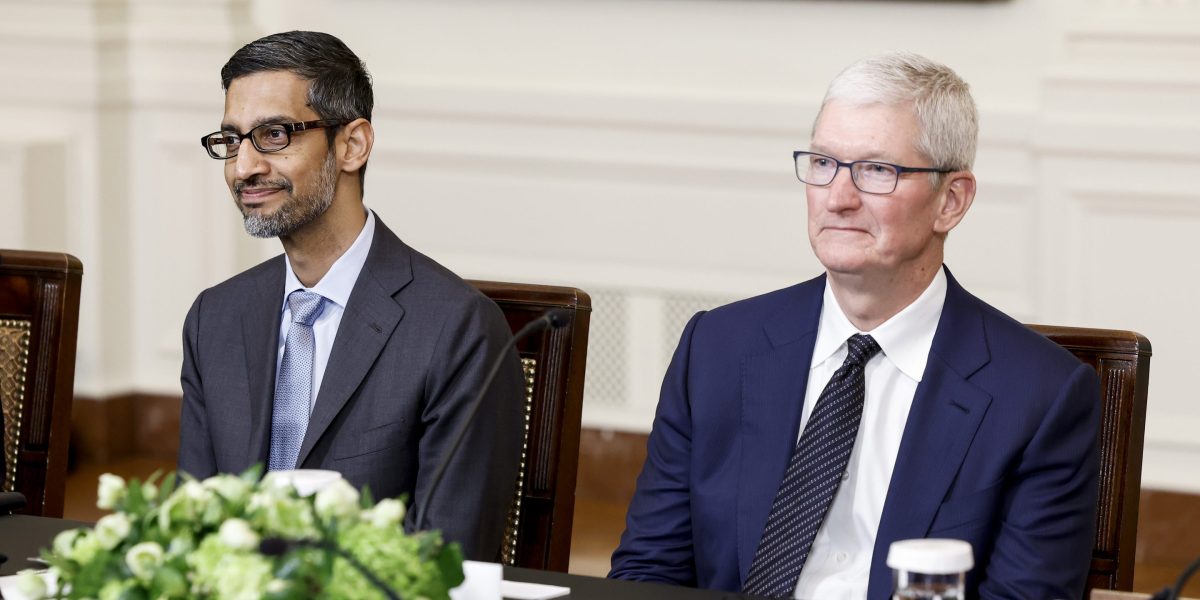Imagine you run a hospital in Alabama. Imagine that your team found a way to reduce the facility’s use of natural gas by 78%, reduce its carbon emissions by 34%, and lower its electric bill by 32%. Imagine they can also catch maintenance issues when they are small, and see exactly where they are, so the hospital can fix them much more quickly, easily and affordably, with minimal disruption. This is what Katie McGinty, the Chief Sustainability Officer of Johnson Controls calls a “multi-solve,” because it brings multiple business benefits with one system.
“The multi-solve that we now can do with efficiency, electrification, and digitalization is really unprecedented and so exciting in showing the promise that the environment and business, to the extent they ever have to be at odds, certainly don’t have to be now, and you’re missing out if as a business person, you’re not embracing this agenda and making it yours,” she explained in an exclusive interview on Electric Ladies Podcast. She used the story of that Alabama hospital as an example.
58% of CEOs
A new PWC study of 4,702 CEOs found that, “Among the megatrends pressuring CEOs to reinvent themselves, none is more important than climate change.” But, 58% of CEOs are still convinced that sustainability and growth are at odds, according to a smaller study by Accenture and the World Economic Forum. That one found that “Roughly two-thirds have efforts underway to improve energy efficiency; another 10% report completing such initiatives; and about half say they have work in progress to innovate climate-friendly products or services.” But, it added, “too many CEOs report having no plans for a range of other climate actions.”
Despite the record-breaking number of $1 Billion+ extreme weather events happening across the country (and the globe) every year, it was alarming to see in the Accenture study that “(F)fewer than half of all respondents have incorporated climate risk into financial planning—and nearly one-third have no plans to do so.”
Climate risk is measurable and potentially devastating financial risk. In addition to the property loss from an extreme weather event, there’s also the cashflow and supply chain disruptions. The massive financial impact of these and other climate effects are why California just passed two Climate Laws that require disclosures by any business that operates there. It’s why the Securities and Exchange Commission (SEC) is expected to release its final climate risk disclosure rules soon.
Infrastructure can potentially reap big benefits
McGinty told me how the trifecta of electrification, digitalization and decarbonization can reap profound benefits for businesses, like that Alabama hospital. Then there’s the story of a brewery she is so fond. It found that shifting to a more energy-climate-efficient way to manage their massive wastewater challenge also created a new revenue stream.
“This inner city storied old brewery, it’s not a big national brand or international brand, was beginning to wonder if it’s last days were flashing in front of it,” she said. But, “that big problem is now flipping into a huge opportunity for them, because the metamorphosis of that wastewater is renewable natural gas that can be pulled from the wastewater treatment process, produced and then sold as a new commodity.” As McGinty put it, “Now, they’re selling gas as well as suds.”
The forces both pushing and pulling them to sustainable solutions.
The forces driving CEO’s and leadership teams to these new HVAC, energy, water, and/or emissions-management systems are of both the “push” and “pull” varieties, McGinty explained.
On the “push” side, are the pressure to reduce costs to please shareholders and keep insurance costs as low as possible (one of those financial-climate risk things too), and to attract top talent. She emphasized that top talent today of every generation is demanding companies align with their environment-social-governance (ESG) values, even if they don’t exactly call it that.
On the “pull” side, McGinty talked about the loans, grants, tax credits and other financial incentives in the Inflation Reduction Act, and the Infrastructure Investment and Jobs Act, both passed by the last Congress under Democratic control with President Biden’s leadership.
“This is about the best talent, the ability to have continuity of business and the ability to have addition and not subtraction in terms of those willing to invest in the future of your enterprise,” McGinty told me.
“In terms of the incentives that are now out there in the US, in Europe, and in many places around the world,” she added, “it’s never been a better time to say, ‘let me avail myself of the hand up I have here in grants and low interest loans and other incentives that have been put in place to really try to accelerate progress in this regard.”
Listen to the full interview with Katie McGinty on Electric Ladies Podcast here.





